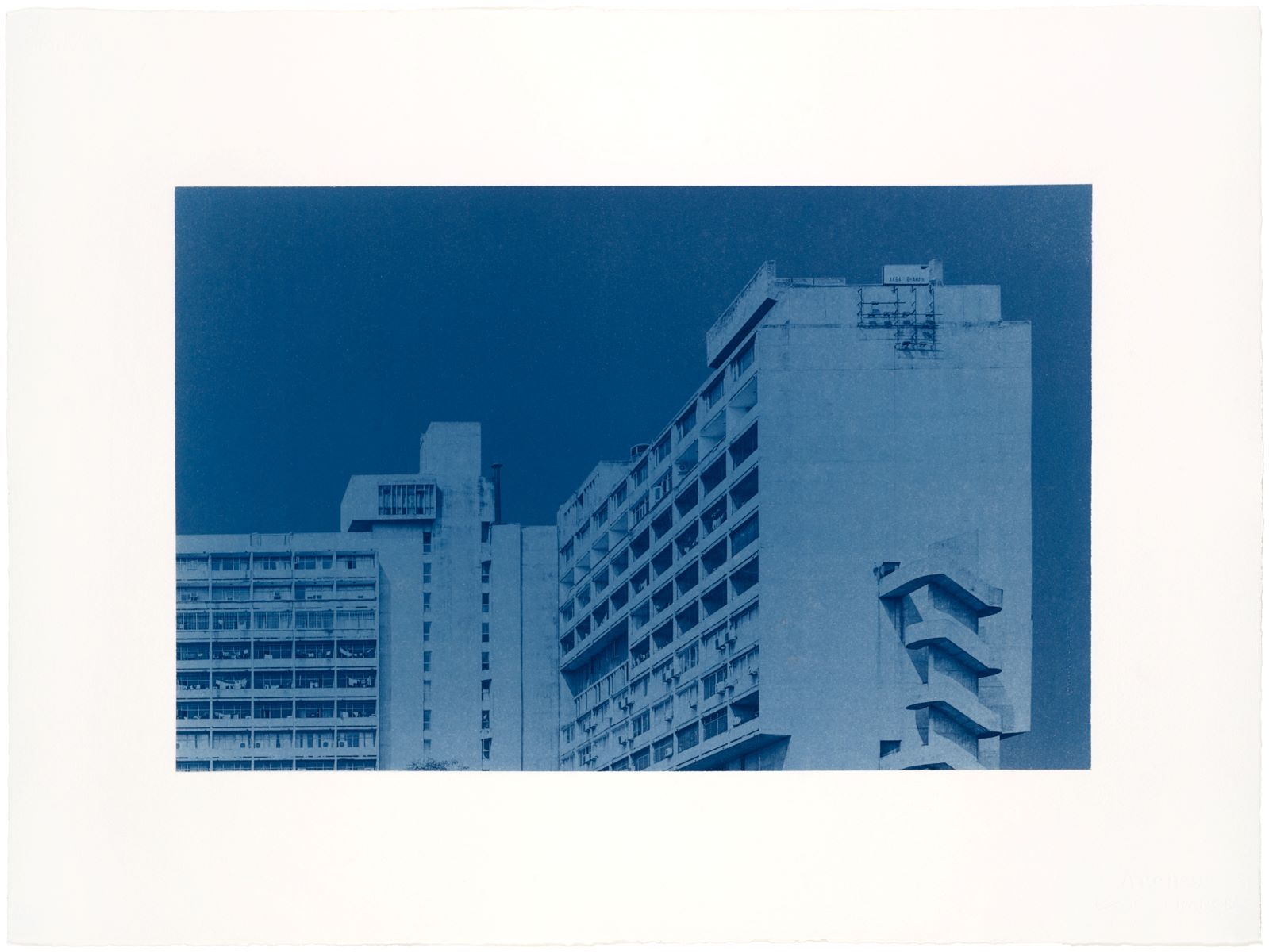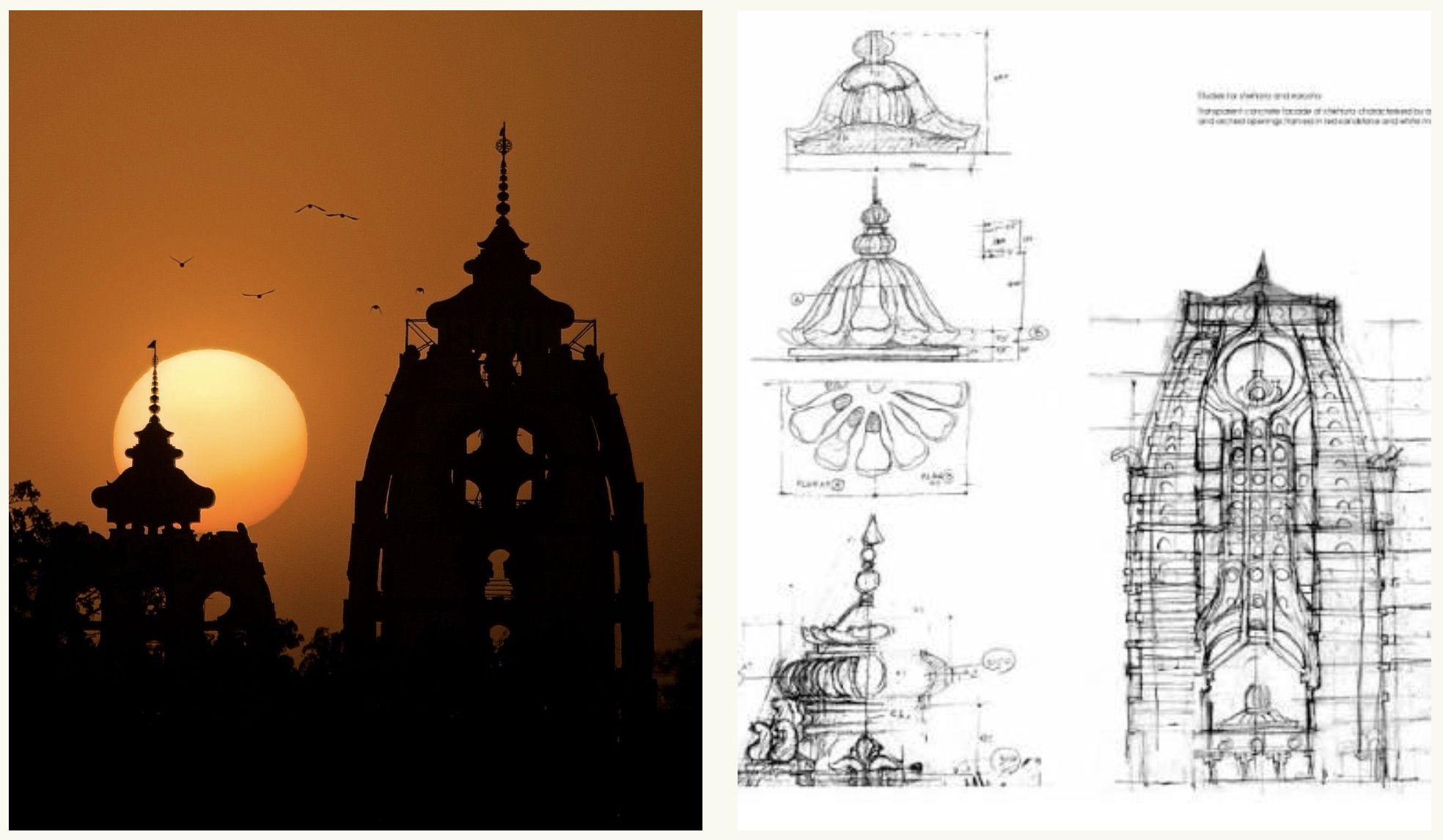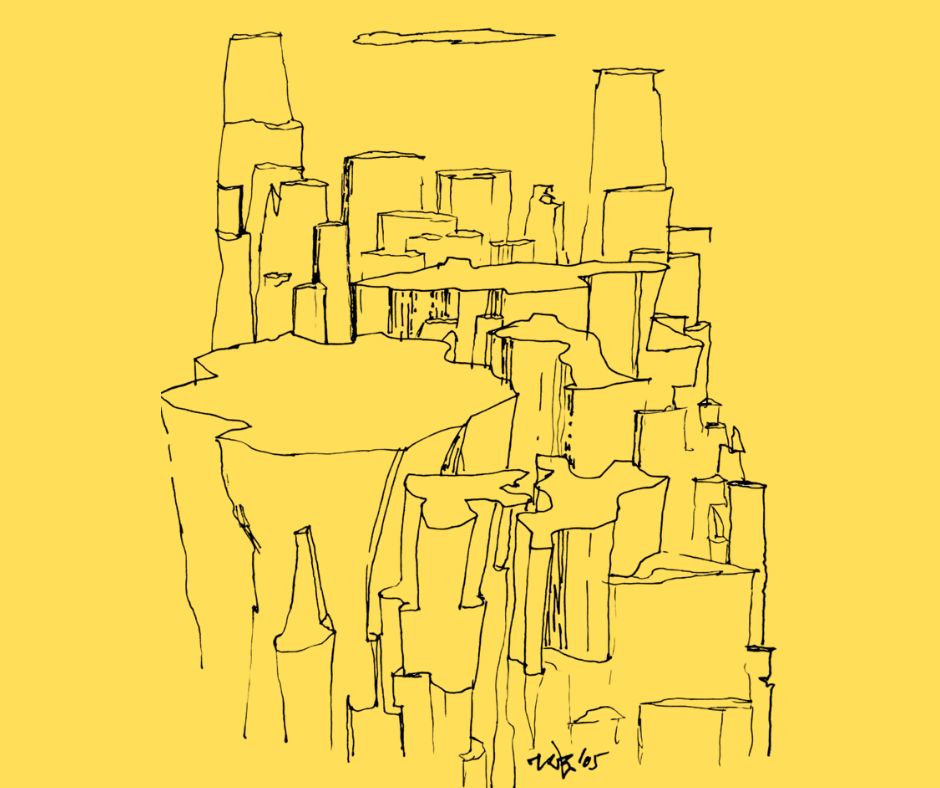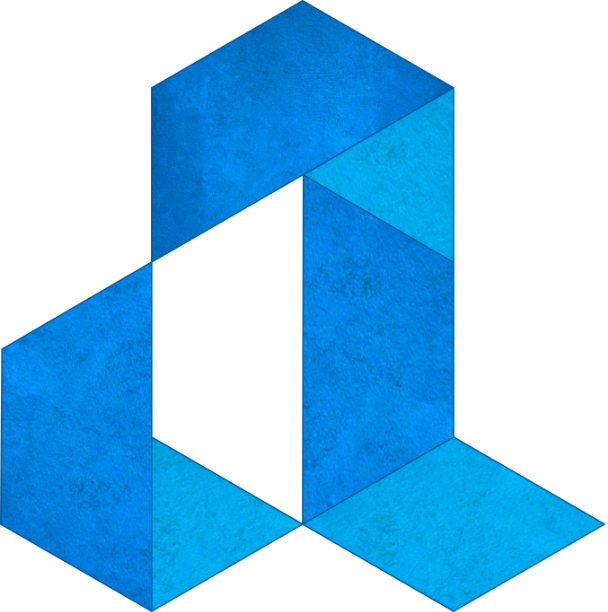mHS City Lab is an inter-disciplinary team whose vision is to enable the creation of socially inclusive cities by studying, designing and creating a portfolio of viable solution. Their work in India has focused on enabling self-construction housing in informal settlements which is the main supply of affordable housing for low-income dwellers today. Rather than dismissing informal settlements or slums as a problem, they believe in catalyzing self-build efforts while improving outcomes related to safety, health and social inclusion.
Over the past 6 years, mHS has been working with homeless in India with the objective to provide solutions which are financially affordable and thus scalable. In the framework of this engagement, mHS has envisioned a simple shelter for homeless individuals and families living in urban spaces as a bottom-up approach.
Ek SHELTER – An introductory Video
ekSHELTER aims to be one possible option, particularly for people living on pavements and under flyovers. Here, technical difficulties to anchor a tent or any other structure to hard pavements and the police not allowing any permanent or semi-permanent structures, force homeless to lie on the ground wrapped in blankets without any other physical protection. In Delhi alone, there are over 150,000 homeless people. The poorest of them live with their families on pavements without any basic services or protection.



The shelter design makes its fabrication possible everywhere in India, as the materials are available all across the country and no special skills are required. The design is easy to understand, build and copy. Its form is based on the typical shelters the homeless in India manage to put up on their own – with many improvements such as a self-supporting structure, a waterproof skin that will keep them warm in the winter with openings for ventilation during the hotter months and mosquito net to protect from dengue and malaria, along with pockets for storage. All the components are locally available and affordable and can be easily repaired or replaced. It uses affordable and locally available materials such as bamboo and waterproof canvas which can be easily repaired or replaced, and locally available skills such as that of a local welder to fabricate welded rebar joints and a tailor to stitch the canvas.
During the design process, various prototypes were built through interaction with homeless families and getting their feedback. A 100 Shelters project was launched to build 100 such shelters for homeless families in Delhi. The goal was to directly improve the life of the 100 homeless families, but the long-term vision is to again obtain feedback and input from the distribution of these shelters to develop a product that is affordable, accessible and works for all homeless people across Indian cities.
Drawings and details
Some more details about the initiative can be found HERE.
And, it just takes two minutes and a little contribution from you to provide roofs to the homeless. Watch the video below:



























One Response